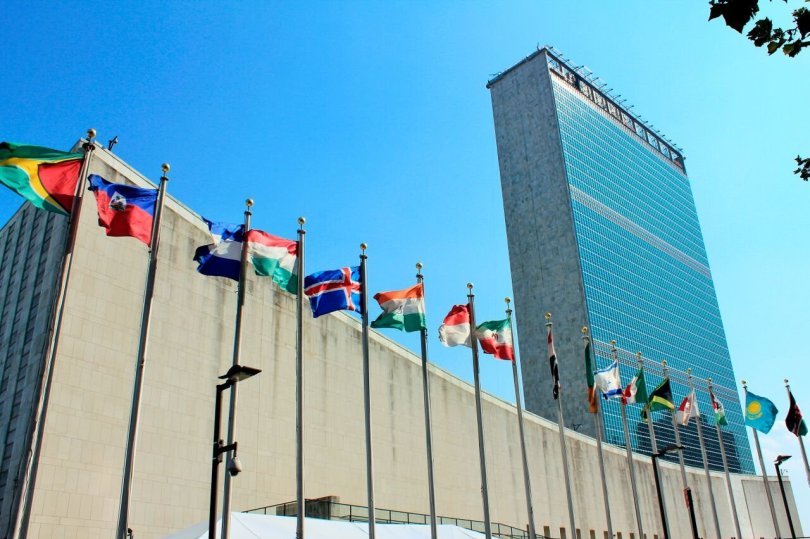Researchers from Various Countries to Collaborate on Eradicating Educational Inequality
The HSE Institute of Education has become a founding partner of the Institute for Global Educational Opportunity, an association of universities and research centres that study educational inequality. Representatives from Russia, the U.S., Germany, Israel, Saudi Arabia, and Chili gathered in Washington to reach an agreement on joint annual conferences, publications, and research.

Why Russia is Passive in the WTO Court
In terms of activity in lodging complaints with the WTO Court (the agency through which WTO members resolve their disputes), Russia has not advanced beyond South Africa. The United States and EU countries are currently the leaders in terms of WTO disputes. The low level of activity on Russia’s side is primarily due to its relatively recent membership in the organization.
World Association for Public Opinion Research Conference to Take Place in Russia for the First Time
From September 15 – 17, 2016, the World Association for Public Opinion Research (WAPOR) Regional Conference ‘Survey Research and the Study of Social and Cultural Change’ will take place at HSE.

Russia's Top Innovation-driven Regions Announced
Russian regions differ significantly in terms of their attitude to innovation, according to a new release of the Russian Regional Innovational Development Ranking prepared by the HSE's experts. Thus, almost one-third of all industrial companies in Chuvashia have implemented innovative technology, while more than half of all manufactured goods in Sakhalin Region are products of innovation; in contrast, little innovative activity is observed in most territories of the North Caucasus.
.jpg)
Ageing Can Drive Progress
Twenty years from now, the number of retired persons worldwide will have grown by 600 million, almost double the current number. Life expectancy will have increased, bringing new economic challenges. Yet the growing number of seniors can also stimulate important breakthroughs in medicine, biotechnology, nanotechnology, cognitive sciences and robotics, according to the report 'Global Population Ageing and the Threat of Political Risks in the Light of Radical Technological Innovation in the Coming Decades.'
Mathematics to Help Diagnose Cancer
Breast cancer is one of the most common cancers, accounting for 26% of all malignancies in women. Mathematical modeling can play an important role in predicting the course of disease and supporting the use of personalized medicine in its treatment, according to Neznanov and Tyuryumina's paper 'Combined mathematical model of the growth of breast cancer.'
Most Russians Need to Be Financially Enlightened
Only 2% of Russians consider themselves financially literate. One in 10 people signs contracts without reading them. Almost half of all depositors do not understand what state insurance of private savings means. One third of the population can manage their individual budget, but do not know their way around the financial services market.
Who Feels Poor in Russia
The level of education, the size of the settlement, and the social status can all seriously affect the chance of feeling poor in Russia. These are the findings by experts of the HSE Institute for Social Policy, revealed as part of their regular Monitoring of the Social and Economic Situation and Well-being of the Population.
12th ISTR Conference: HSE Researchers Presented Record Number of Papers
The 12th International Society for Third Sector Research (ISTR) Conference took place in Stockholm and was entitled ‘The Third Sector in Transition:Accountability, Transparency, and Social Inclusion’. The conference is held biannually and is a major academic event in its field.

Performance Motivating Factors Reported by Russian Doctors
Interesting work, the desire to help patients, and money – these are the three key factors which motivate Russian doctors to perform, while career ambitions remain a secondary consideration, according to HSE research. Alexander Temnitsky, Leading Research Fellow of the HSE Centre for Health Policy, studied Russian doctors’ personal motives driving their performance between 2007 and 2014.

